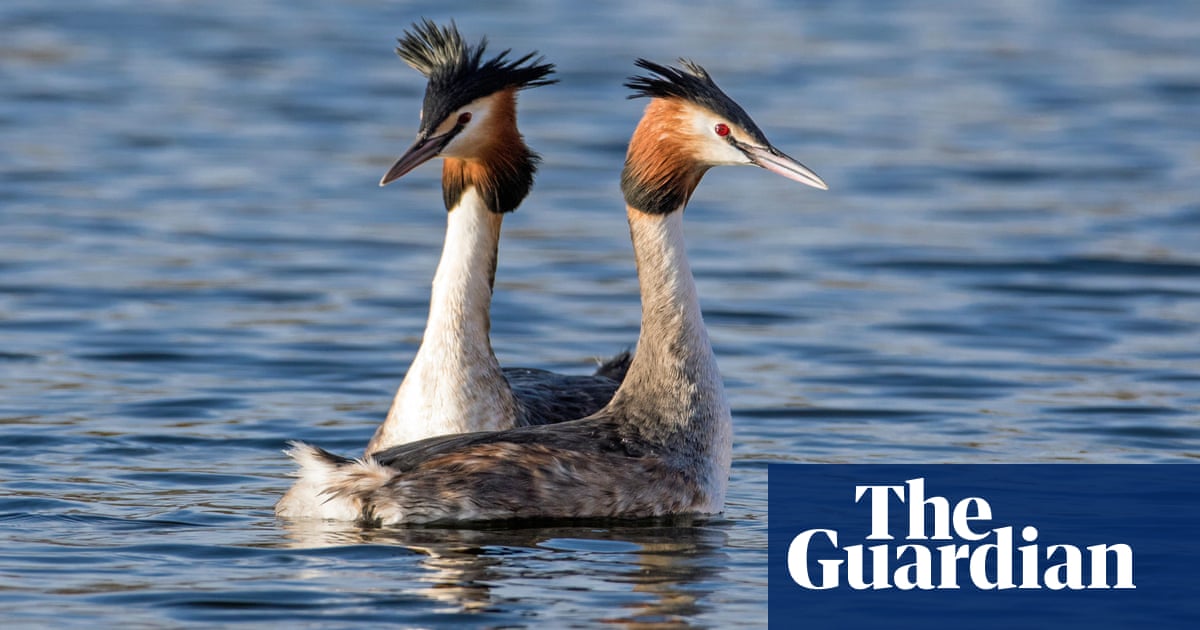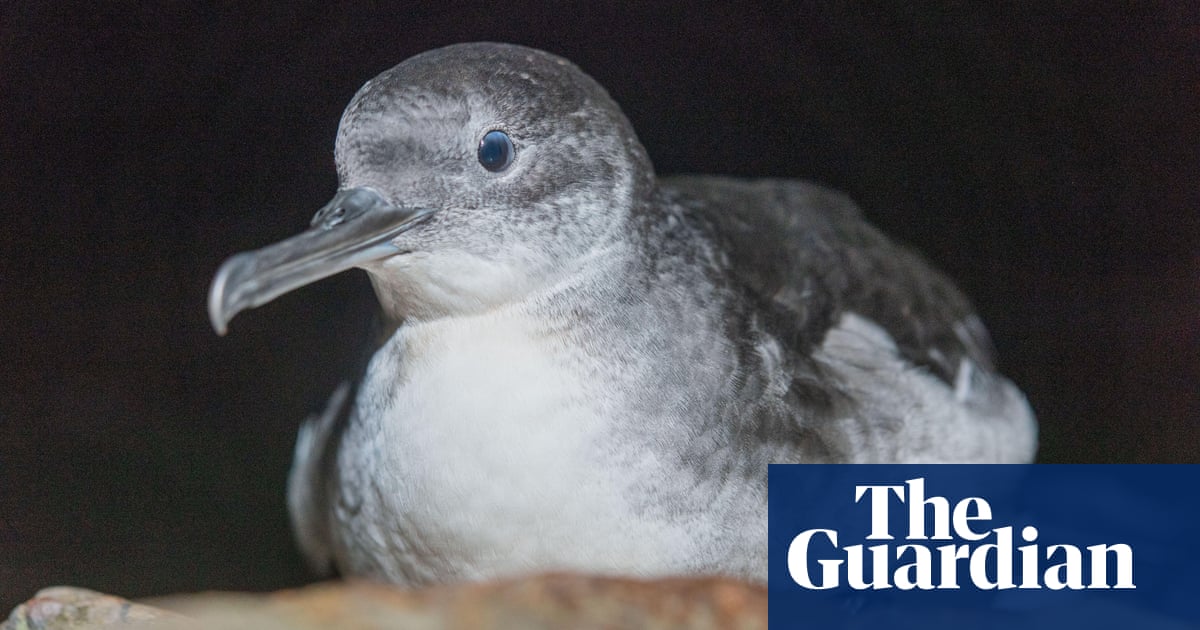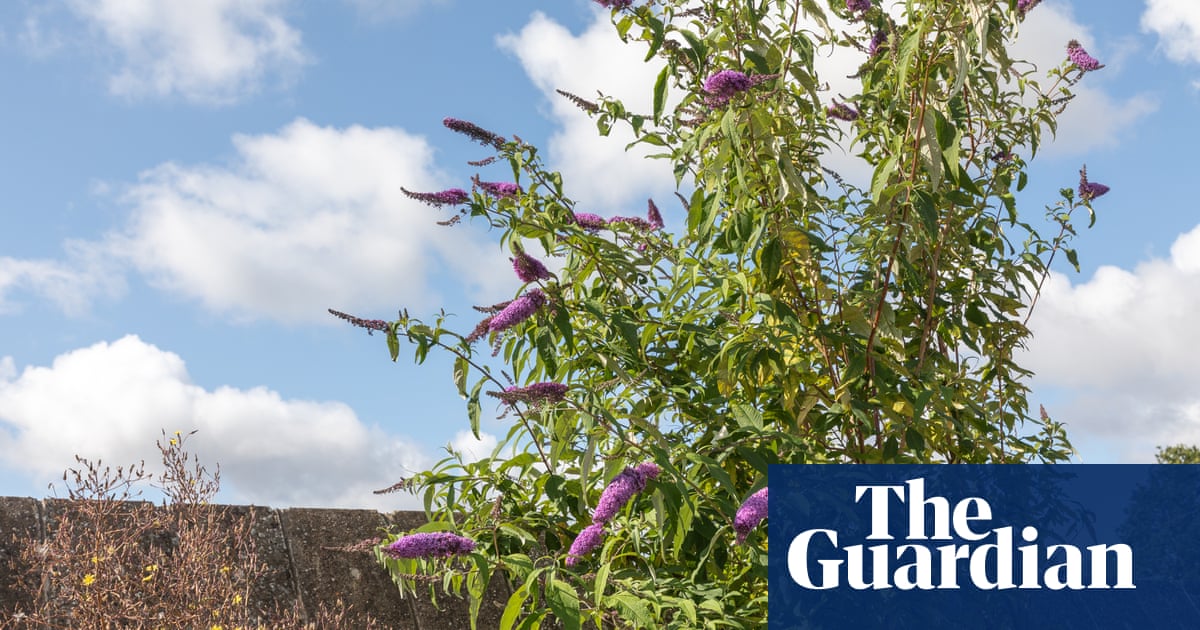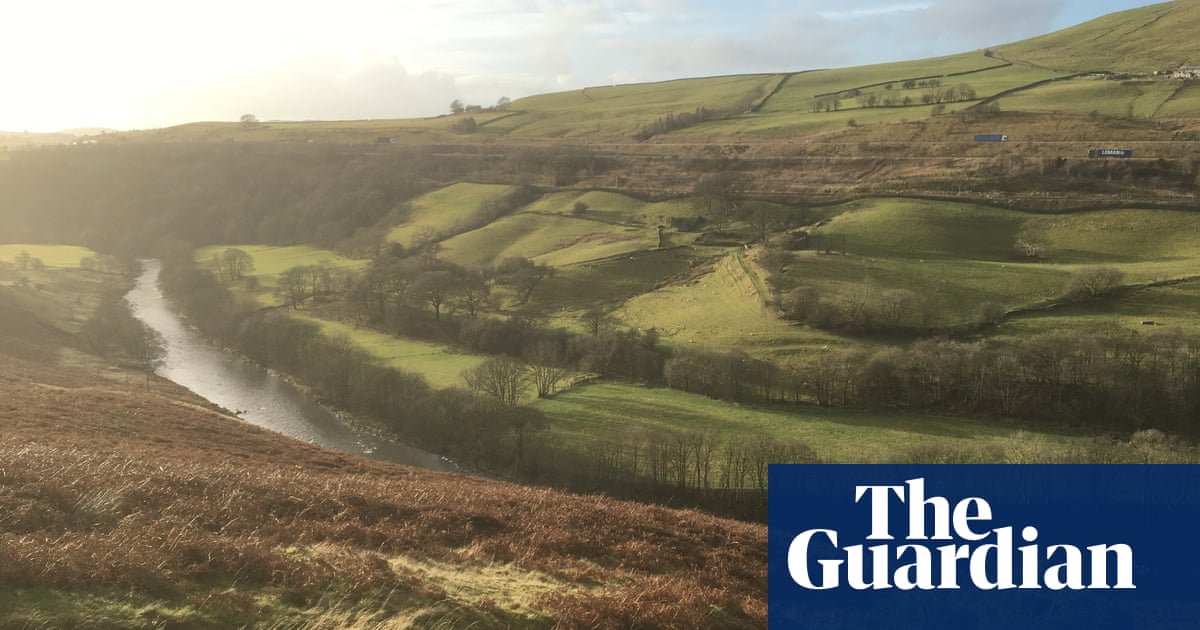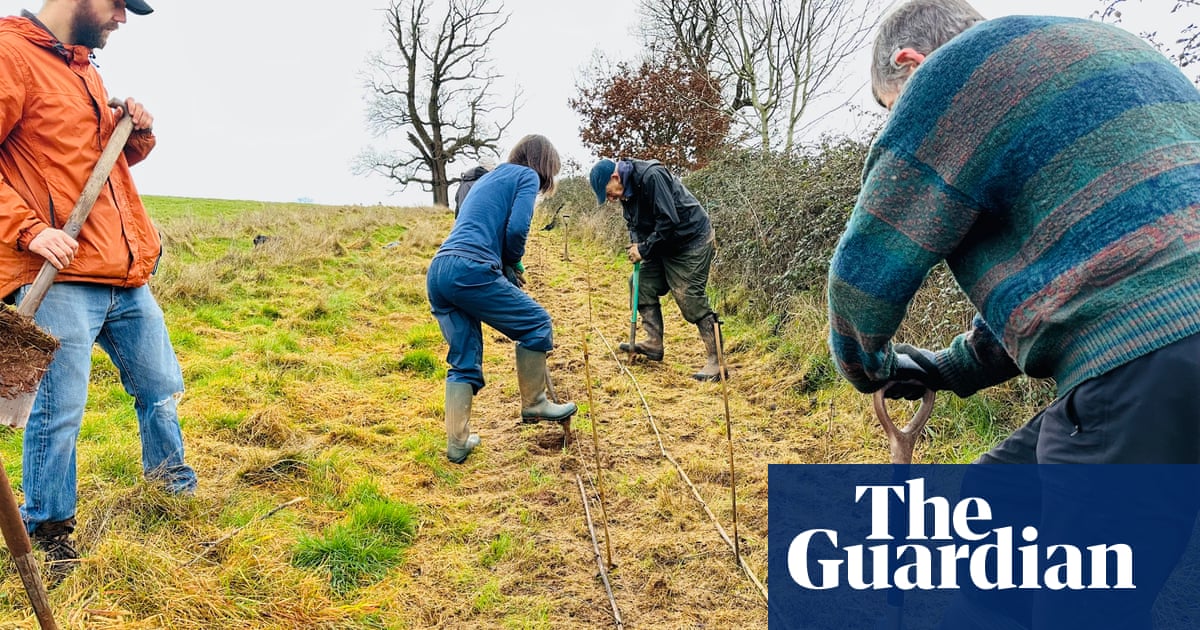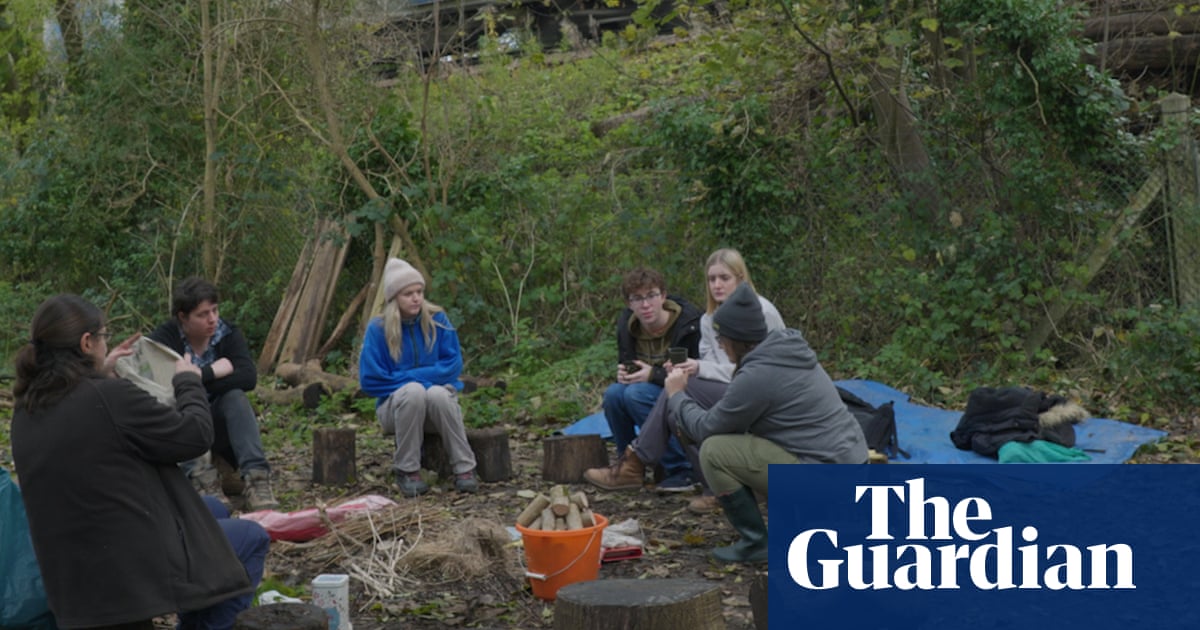
Among the hustle and bustle of Brighton, a sliver of land between gardens and the railway is an important corridor for wildlife and a place for people to connect with nature. The Deneway nature reserve is managed by Sussex Wildlife Trust, where I’ve been working as a communities intern.
It’s an overcast, bitterly cold morning and I’m up early to run a session of Deneway’s “Wild Future”. The project aims to turn the Deneway into a youth-led reserve, allowing young people aged 16 to 25 to be at the core of managing the reserve and engaging the local community, and learn vital skills for future conservation careers.
Above the noise of chainsaws and trains rushing past, long-tailed tits make contact calls and a charm of goldfinches twinkles away overhead. A red fox slinks down the railway line, alongside the wire fence that separates us. I’m joined by five young people, determined to make a positive impact on their local wildlife. We walk towards the far end of the reserve and find signs of badgers. During these winter months, badgers will be irregular in their activity due to the cold and with females pregnant.
Ivy, buddleia and brambles begin to close in on us. This morning’s work consists of removing some of this to improve accessibility and bring in light, to the relief of understorey species such as primroses, bluebells and wood anemones. While cutting back the vegetation, we notice the high-frequency calls of goldcrest and watch them fluttering among the ivy.
After a well-earned lunch, we begin a mini “bioblitz”, to find as many species as possible in an hour. First stop is the pond. A search with our nets turns up hawker dragonfly nymphs, greater water boatmen and water lice. Overturning logs, we discover leopard slugs, tiny pill millipedes and brown centipedes, making the most of the warmth. We take a moment to listen to birdsong.
Robin, great tit, stock dove and jackdaw join in the urban chorus. We find several species of fungus including turkey tail, crystal brain and yellow brain. After totting up our lists, we end the day on nearly 100 species.




